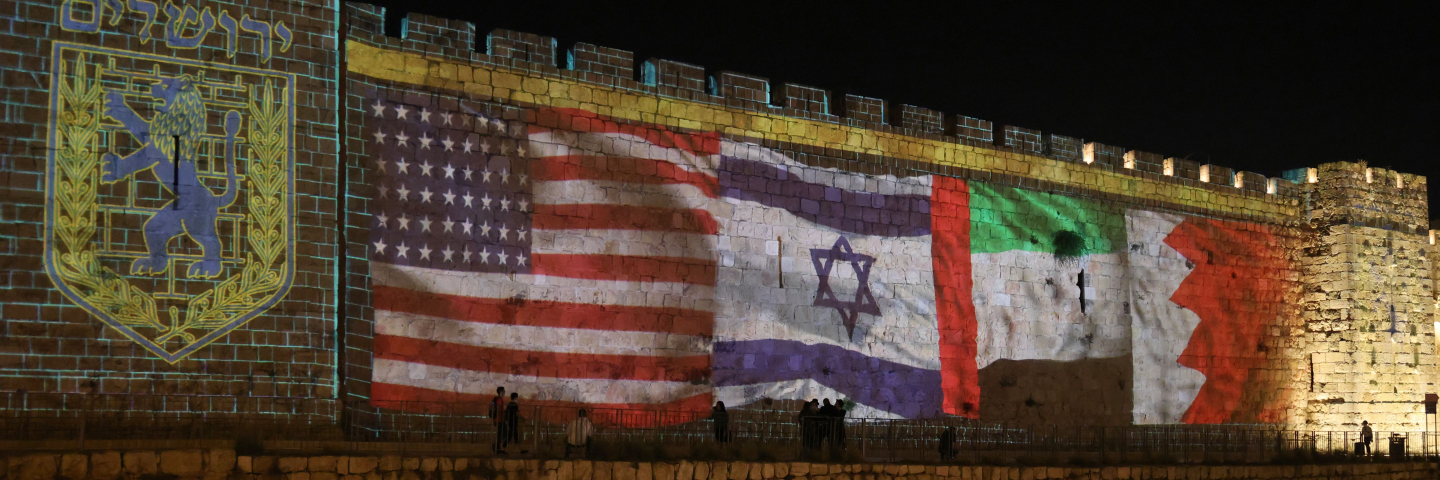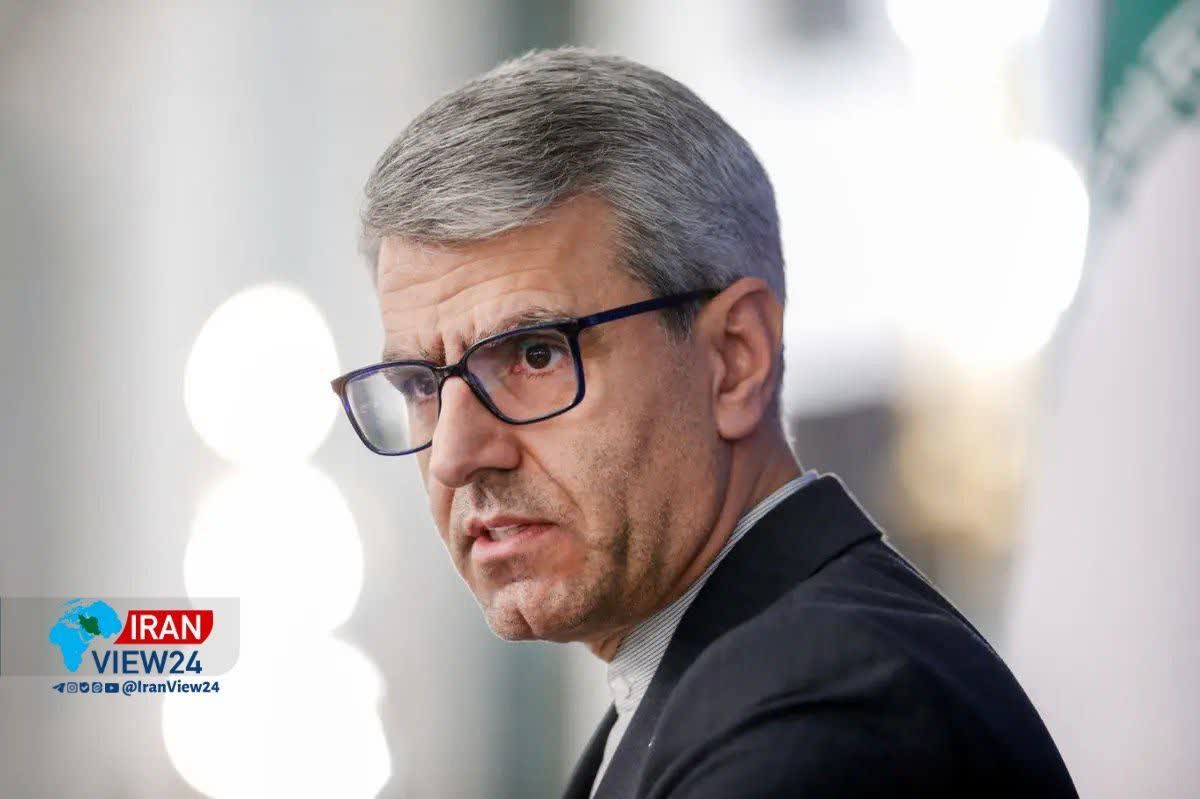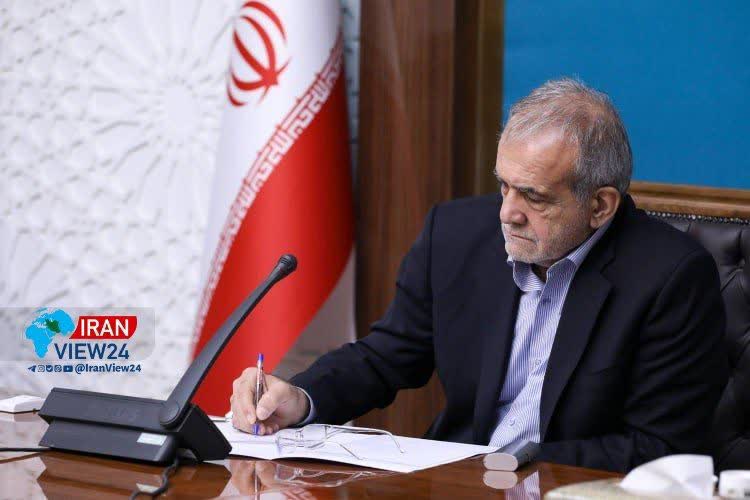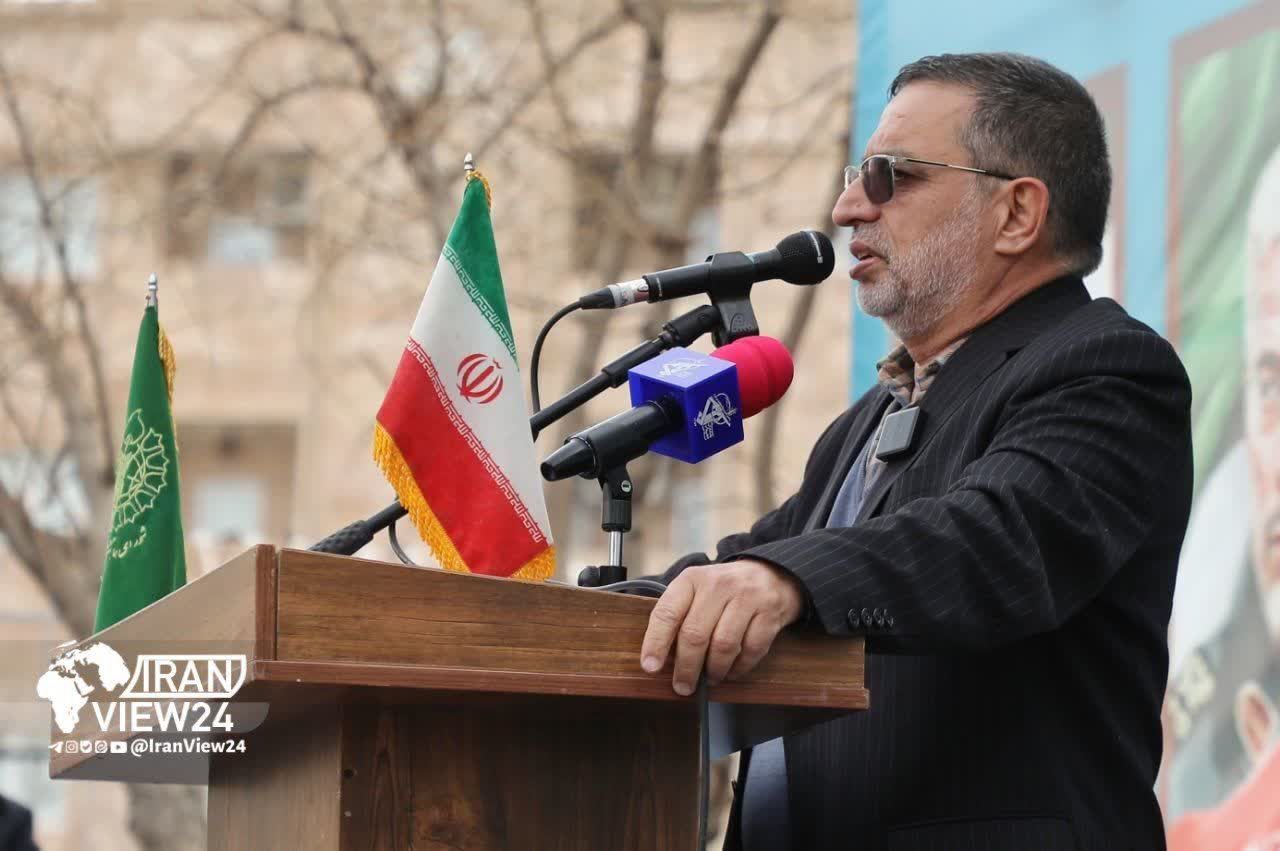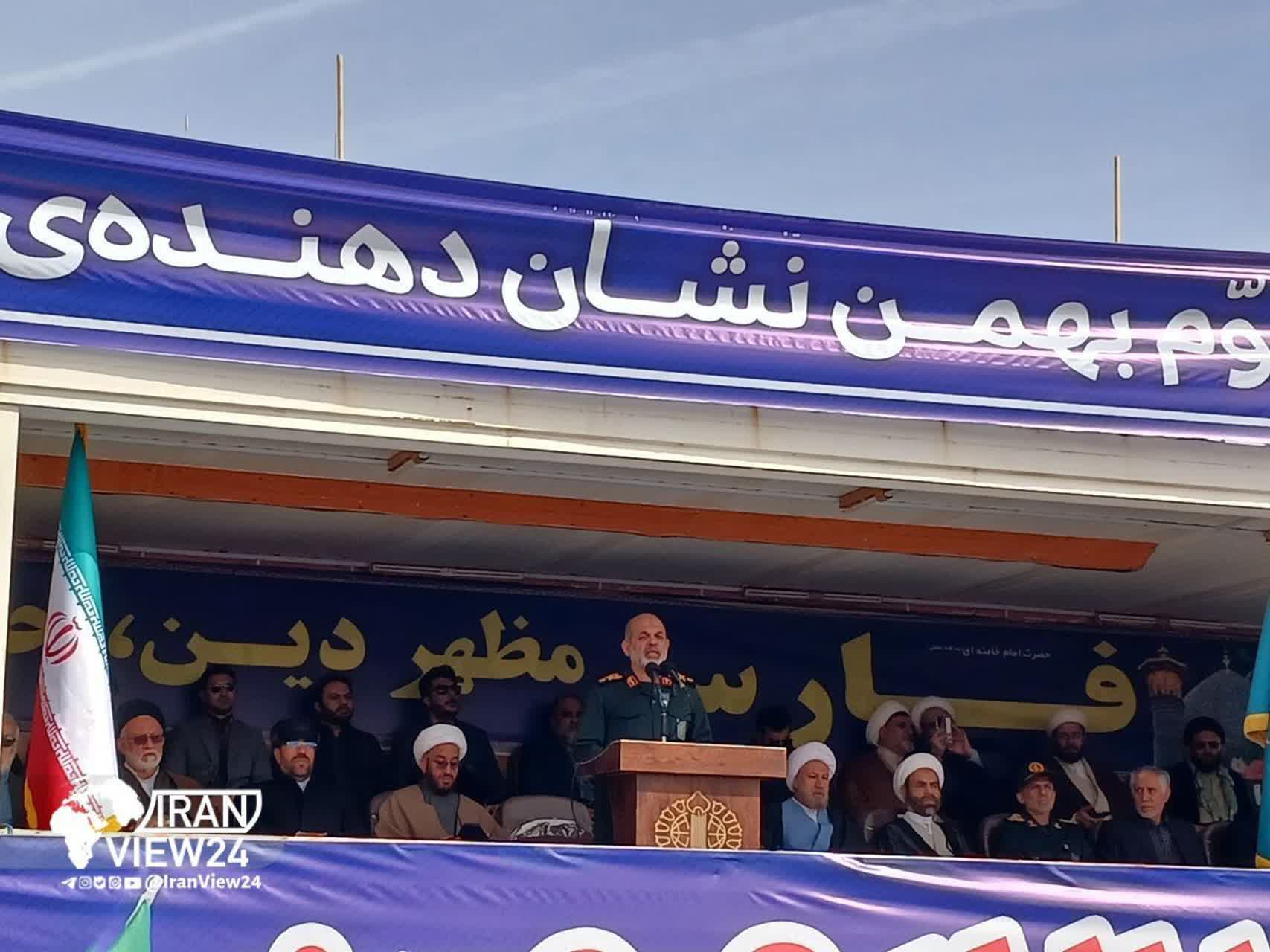Israel’s airstrike on Doha was not merely a military operation; it marked a turning point in U.S.-Arab relations. The central question now arises: Is Washington willing to sacrifice the security of its traditional Persian Gulf allies for the sake of its strategic bond with Tel Aviv?
Iran View24 – International
The Israeli airstrike on Doha on September 9, 2025 (18 Shahrivar 1404), aimed at assassinating Palestinian resistance leaders in Qatar and resulting in the deaths of several civilians and a Qatari security officer, has raised fundamental questions about the nature of U.S.-Arab relations. The strike did not occur on the borders of Palestine and Israel but in the heart of one of Washington’s strategic allies in the Persian Gulf, where the U.S. was informed, and its cautious response has created serious doubts for Arab allies in the region: Despite the heavy financial, political, and social costs that Arab countries bear for the U.S., what is their actual position in Washington’s strategic calculus?
Pillars of U.S. Policy in the Region
For decades, U.S. policy in West Asia was built on two pillars: “relations with Arabs” and “support for Israel.” However, recent developments, especially Washington’s unconditional support for Tel Aviv in the Gaza war and the Palestinian issue—which is considered an existential and identity matter from the Arab perspective—have shown that U.S. policy is heavily weighted in favor of Israel.
In fact, U.S. policy in the region is based on the principle that military, diplomatic, and political support flows to Israel, giving Tel Aviv the upper hand over Arabs in regional equations. This special relationship has turned Israel into an actor capable of taking radical actions even within the territories of U.S. Arab allies, without fear of regional or international repercussions.
U.S. Response and Implications
Following the Doha strike, the U.S. government sought to distance itself from the action, emphasizing that bombing a third country’s territory does not advance shared objectives. Nevertheless, Washington’s meaningful silence and half-hearted response were perceived by Arab states as tacit support or implicit tolerance of a blatant violation of their national security and territorial sovereignty.
This approach further reinforced the view that the U.S. is willing to sacrifice the security of its Arab allies for Israel’s regional strategy. Consequently, the Persian Gulf countries, which have long based their security on Washington’s guarantees, now face a blatant breach of strategic alliance obligations.
Distrust and the Redefinition of Alliances
Analysts argue that the natural consequence of this situation is increased distrust toward Washington and a probable reconsideration of security relations. Simultaneously, Arab countries’ shared perception of the Israeli threat is growing, enhancing the potential for greater regional cohesion within the Persian Gulf and the Arab world.
However, based on the behavior patterns of Qatar and other Arab states in the region, there is skepticism as to whether Arabs are still willing to give Washington opportunities to reconsider its policies.
Thus, Washington now faces a difficult dilemma: maintain its strategic alliance with Israel or genuinely reassure its Arab allies. The Doha strike has shown that, in practice, the U.S. sides with Israel—even if it comes at the expense of eroding trust among its Arab partners.
Looking Ahead
The U.S. will likely continue a dual-track policy between Arabs and Israel: publicly advocating de-escalation and ceasefire while practically reinforcing Israel. This situation presents a critical choice for Arab states:
-
Will they continue strengthening Israel by granting more concessions to Washington?
-
Or will they pursue security cooperation with emerging powers like China and Russia in the context of advancing a multipolar world?
Overall, Israel’s airstrike on Doha has not only pushed Doha-Tel Aviv relations into a new crisis but also exposed the limitations and contradictions of U.S. policy in the region. By tacitly supporting Israel and failing to defend its Arab allies decisively, Washington inadvertently accelerates the redefinition of alliances and coalitions in the Middle East—a process that, if sustained, could weaken the U.S.’s historical influence while simultaneously empowering rival actors in the region.
Strategic Editorial Summary – Iran View24
The strike demonstrated that “absolute U.S. prioritization of Israel’s security” is no longer a theoretical perception in the Arab world but a tangible reality. This event deepens the historical gap between Washington’s rhetoric on “regional stability” and its practical behavior.
The strategic implication is a dualization of West Asian security:
-
On one hand, Israel, backed by unconditional U.S. support, acts more boldly against Arabs.
-
On the other hand, Arab states are gradually reconsidering their traditional alliances, potentially ranging from expanding intra-regional cooperation to turning toward emerging powers like China and Russia.
Hence, while the U.S. continues to manage the duality of “maintaining ties with Israel while reassuring Arabs,” the Doha strike showed that in critical moments, it sides with Tel Aviv—even at the cost of eroding Arab trust and redefining the regional security map. This is the juncture where regional power balances may gradually shift from Washington to rival actors.

